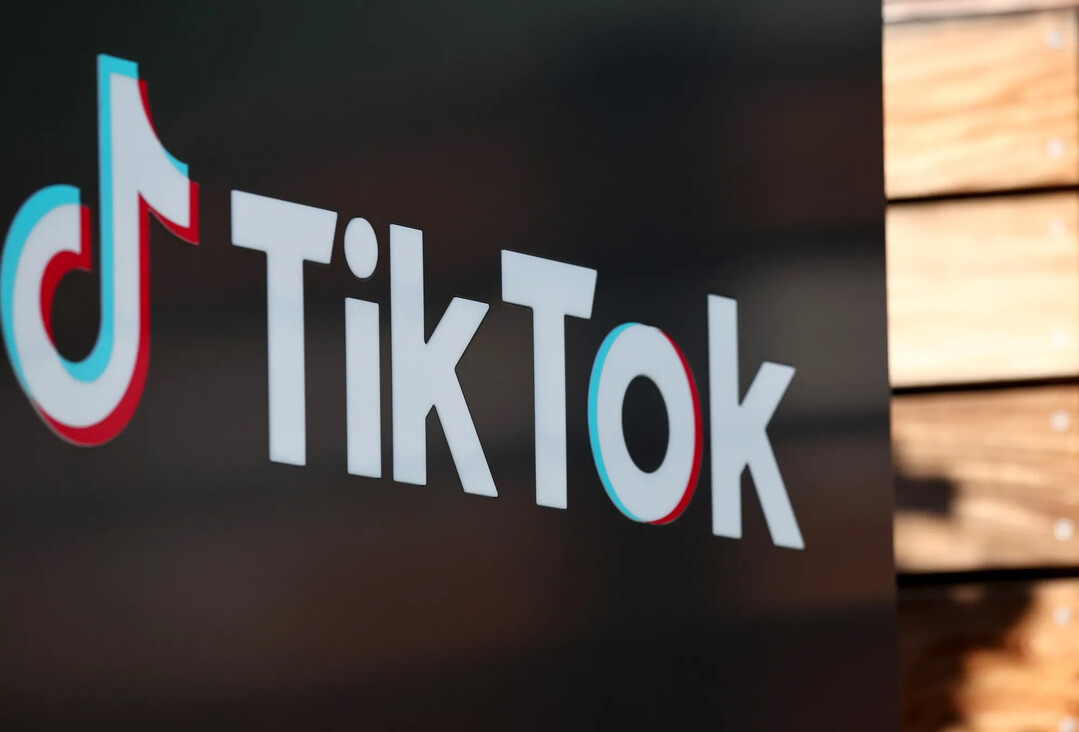
Tirana, Albania – The Albanian government has announced a year-long ban on the popular video-sharing platform TikTok, citing escalating concerns over violence and bullying among children. The decision follows a tragic incident in November 2023, where a teenager fatally stabbed another after a conflict that originated on the app.
The Albanian cabinet, led by Minister of Education Ogerta Manastirliu, stated that the ban is a necessary measure to protect children from harmful content and online harassment. The government reports that they have conducted extensive consultations with parents, holding 1,300 meetings with approximately 65,000 individuals, who overwhelmingly supported the ban or stricter limitations on the platform.
"We have been in contact with TikTok to implement filters such as parental controls, age verification, and the inclusion of the Albanian language in the application," said Manastirliu.
However, the opposition has strongly condemned the ban, labeling it an "act of intolerance, fear, and terror against freedom of thought and expression." They have organized a protest scheduled for March 15th to voice their dissent.
TikTok, owned by the Chinese company ByteDance, has faced increasing scrutiny globally over concerns about data privacy and the impact of its content on young users. In response to the Albanian government's decision, TikTok initially requested clarification about the stabbing incident, stating that their investigation found no evidence of the involved parties having accounts on their platform. They also stated that the videos that spurred the violence, were posted on other platforms. More recently though, they have begun to engage in positive dialog with the Albanian government, and plan to visit the country.
The ban in Albania highlights the growing debate about the responsibility of social media platforms in safeguarding children. This situation is mirrored in other countries, such as the United Kingdom, where data protection authorities are investigating TikTok's practices regarding the personal data of young users.
[Copyright (c) Global Economic Times. All Rights Reserved.]






























